Dimensions and weight of expanded metal sheets
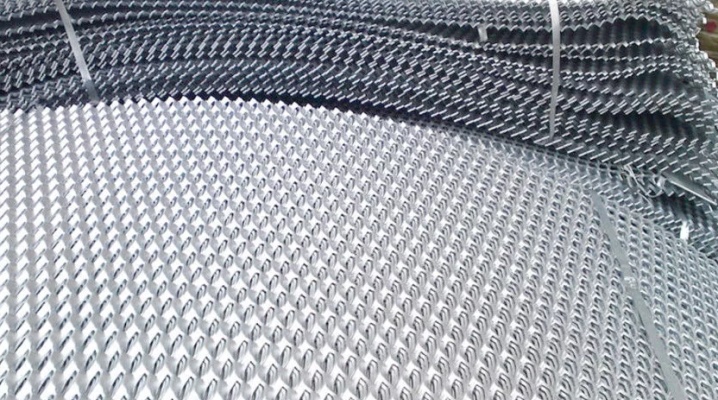
The weight of expanded metal (PVL) is an important parameter, since everything has its own final weight, according to the laws of physics. Calculation of the batch weight - the ability to choose the optimal unit (or several units) of transport for delivery from the building market to the consumer.
What mass can be?
Having tried to directly answer the question of what exactly should be the mass of the PVL mesh, even a beginner will think about which sections he needs. It will be a 3-, 4- or 6-meter section of expanded metal blanks, it has a width of 60 cm, 1 or 1.4 m, what is the thickness of the sheet used for making sections: 3-, 5- or 12-millimeter. All listed initial data are significant. Weight depends on the composition of the steel alloy: low or high alloy, low or medium carbon.
And also the finished mesh is covered with zinc or is it "naked": an additional layer also adds up to several percent of the mass, since zinc is noticeably denser and heavier than iron. In practice, the mass of such sections is equal to from a couple (light and thin aluminum nets to close the course of the kitchen hood) to several tens (ladder and fence mesh segments) kilograms per 1 m2.
Kilograms of a square meter of a fragment of PV sheets is a characteristic, without a clear knowledge of which it is better not to start work on their installation.
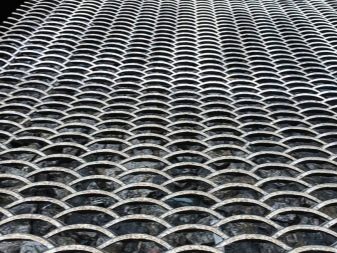
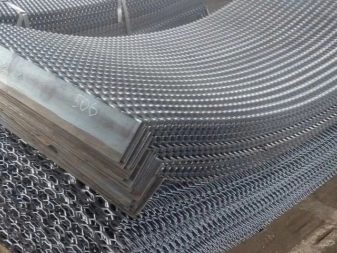
Overview of different sheet sizes
The thickness of rolled steel for the manufacture of PV sheets cannot exceed 12 mm: there is no point in making thicker meshes. But also thinner than 0.35 mm are difficult to manufacture. It is not a problem to assemble and set up a mill for making sheets of both thickness limits, but too thick material stretches poorly and unevenly. Too thin, on the contrary, tears, like nylon fabric on old tights: puffs and loosening of mesh cells are formed with randomly arranged rows of the defect that has arisen. As an example, the weight of 1 m2 of sheets of different caliber:
- PVL-306 - 12.9 kg / m2;
- PVL-304 - 7.4 kg;
- PVL-206 - 9 kg per linear (square) meter;
- PVL-208 - 9.35;
- PVL-308 - 14.6;
- PVL-310 - 15.6;
- PVL-406 - 15.7;
- PVL-408 - 19.2;
- PVL-410 - 25.6;
- PVL-506 - 16.4;
- PVL-508 - 20.9;
- PVL-510 - 24.7;
- PVL-606 - 17.3;
- PVL-608 - 21.9;
- Finally, the PVL-610 billet has a square meter weight of 26 kg.
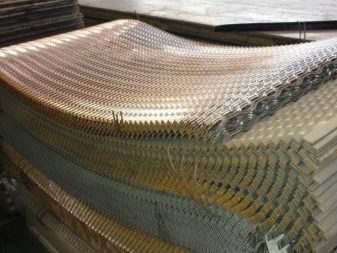
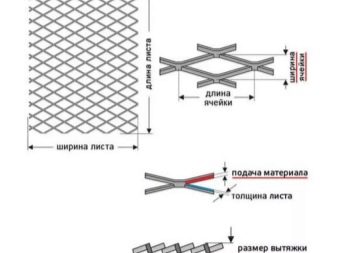
As you can see, the order of increasing the number of the series number does not always mean a sequential increase in the mass of the fragment in 1 m2, since the size of the cell, the value of the supply of the formed "cells", and the thickness of the steel / galvanized metal cut play an important role. So, the size of a piece of expanded metal 1000x2000 mm, nominal 608 already weighs 43.8 kg.
In some cases, the face value of the sheet (according to the marking) is indicated as a size in millimeters, for example, 208x1000x2000, although the first value is not 208 mm of thickness or width, as a beginner who first saw this product on sale might think. The weight of such a fragment (2 m2) will already be 18.7 m2.
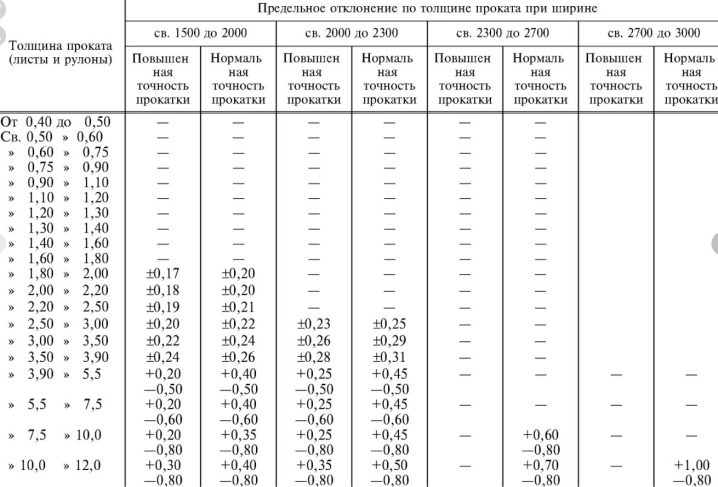
According to TU 3626-115-1989, the weight of a workpiece with dimensions of 1 m2 and a thickness of 4 to 6 mm is 15.7-36 kg. These denominations include all available ones: from 406 to 610. For example, sheet 508 (workpiece thickness - 5 mm, feed rate - 8 mm, width - 710 mm, length - 4000 mm), it is also 508x710x4000 (according to the same technical conditions 36.26.11-5-89), has a mass of 20.9 kg / m2. A ton contains 47.84 m2 of building material.
When choosing PV sheets, they are guided by the strength characteristics of perforated sheet rolling. For a specific place of use of such a sheet, other than closing the ventilation duct located at a height inaccessible to a person without a stepladder, a thick sheet is chosen that can withstand, for example, the penetration of strangers into a closed area through a fence.
At the same time, the weight of the batch fades into the background, since the customer at the facility clearly understands what kind of building material and volume of work he is dealing with, and agrees to pay a little extra for the delivery of an unnecessarily heavy (in terms of total weight) batch.
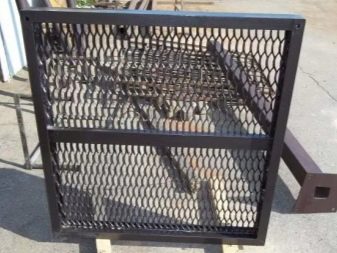
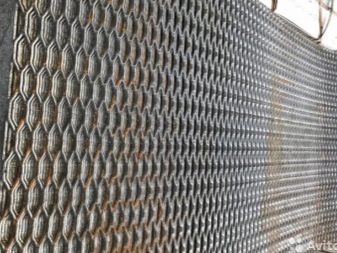













The comment was sent successfully.